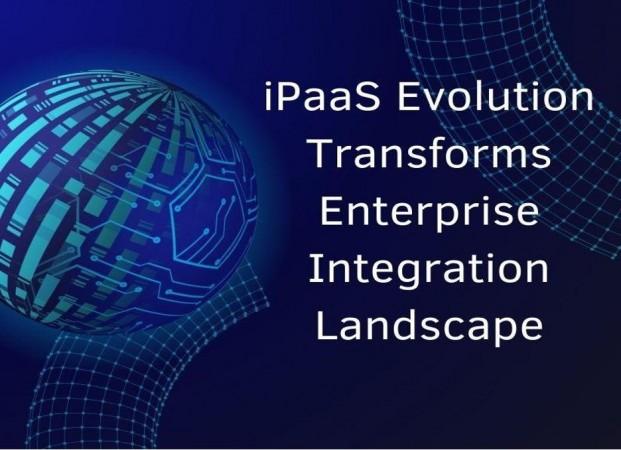
In this digital world, where business success hinges on seamless connectivity, Integration Platform as a Service (iPaaS) solutions are reshaping enterprise operations. Industry researcher and technology consultant Mahaboob Subhani Shaik's comprehensive analysis reveals how these platforms are revolutionizing business integration and offers insights into their transformative impact on cloud computing and digital infrastructure across industries.
Digital Integration Revolution
The global cloud computing market has reached an impressive milestone of USD 483.98 billion in 2022 and is projected to exceed USD 1,108.8 billion by 2028. This remarkable growth reflects the increasing complexity of enterprise technological ecosystems, where organizations are rapidly adopting multi-cloud strategies. Traditional integration approaches are being transformed as businesses seek more sophisticated solutions to handle their expanding digital footprint.
Smart Architecture Sets New Standards
Modern iPaaS frameworks have evolved to address complex integration challenges through sophisticated architecture patterns. These systems now demonstrate impressive performance metrics, including sub-second latency for real-time data synchronization and 99.99% system availability. The platforms process an average of 850,000 transactions per second in standard enterprise deployments, which can scale up to 2.1 million transactions during peak loads.
Connector Revolution Drives Efficiency
Contemporary iPaaS platforms have revolutionized enterprise integration through sophisticated connector frameworks. Leading solutions now provide between 300 to 600 pre-built connectors, resulting in a 71% reduction in integration development cycles and a 64% decrease in maintenance overhead. These modern protocol adapters demonstrate exceptional performance metrics, handling sustained loads of 32,000 requests per second while maintaining 99.95% reliability.
AI-Powered Future Takes Shape
The integration of advanced technologies is fundamentally transforming the iPaaS landscape. AI-enabled integration platforms reduce manual integration efforts by up to 55% while improving accuracy rates by 40% compared to traditional methods. The global iPaaS market is experiencing exponential growth, projected to reach USD 2.7 billion by 2026, with a remarkable compound annual growth rate of 40.4%.
Security Evolution Strengthens Trust
Enterprise-grade security features represent a cornerstone of modern iPaaS implementations. Organizations implementing iPaaS solutions have reported a 71% reduction in security-related incidents. Implementing end-to-end encryption, combined with robust access controls, has resulted in zero reported data breaches across surveyed healthcare implementations while maintaining compliance with regulatory requirements.
Innovation Drives Market Growth
The increasing adoption of digital transformation initiatives has emerged as a primary growth catalyst, with 84% of organizations accelerating their digital transformation efforts. Enterprises implementing modern integration platforms achieve 2.7 times faster project delivery and a 60% reduction in integration-related costs. Furthermore, the demand for specialized integration capabilities has grown significantly, with industry-specific solutions showing adoption rates 50% higher than generic integration platforms.
Streamlined Operations Show Results
Organizations leveraging comprehensive workflow orchestration are experiencing remarkable efficiency gains, with a 65% reduction in manual processing requirements. The impact is particularly notable in regulated environments, where automated workflows handle an impressive 250,000 transactions daily while maintaining strict compliance standards. These automation frameworks not only streamline complex processes but also ensure accuracy and consistency. The results show enhanced service delivery through faster processing times, reduced error rates, and significantly lower operational costs. Additionally, automated error-handling mechanisms have demonstrated a 90% resolution rate for common integration issues, enabling organizations to maintain high service levels while reducing human intervention.
In conclusion, Mahaboob Subhani Shaik's analysis demonstrates that iPaaS solutions are at the forefront of technological evolution, incorporating AI, blockchain, and edge computing while adapting to market dynamics through specialized offerings. As organizations increasingly embrace these transformative platforms, the future of enterprise integration looks promising. With rapid technological advancement and growing market demands, iPaaS platforms will continue to play a crucial role in shaping digital transformation strategies and driving innovation across industries.















